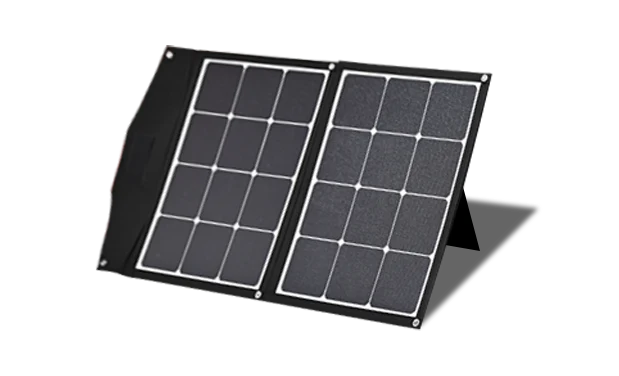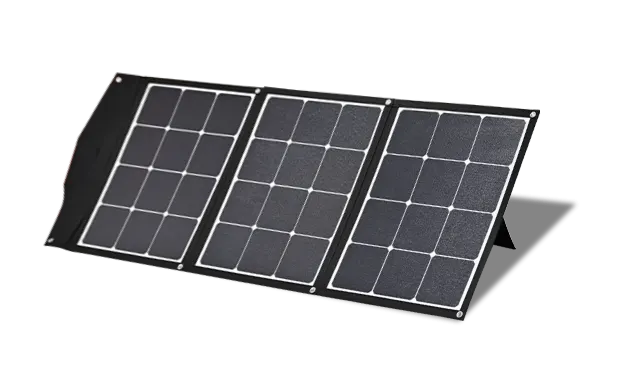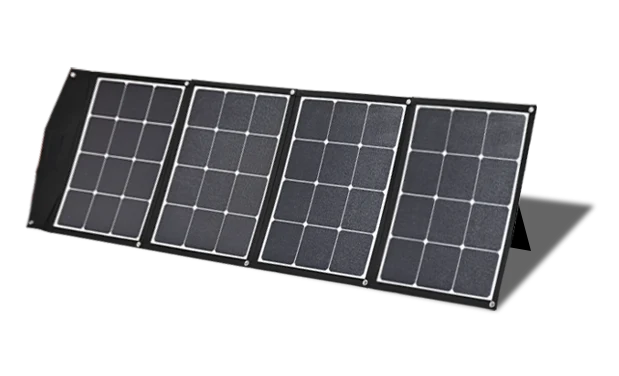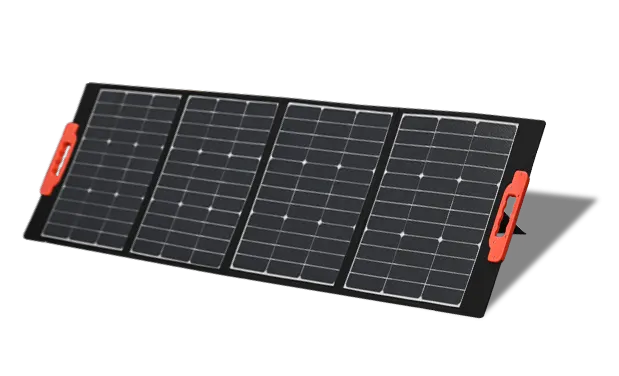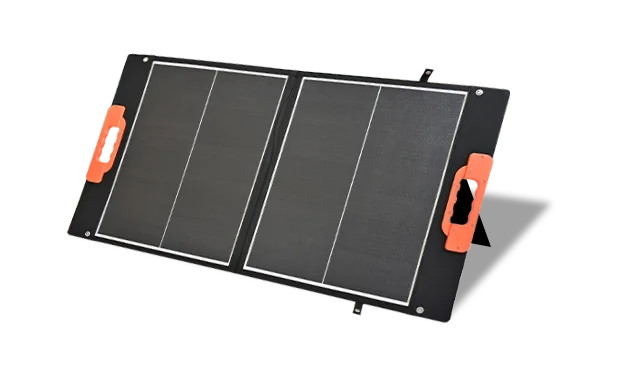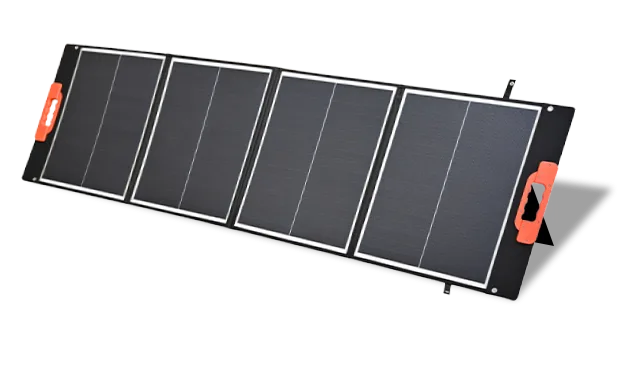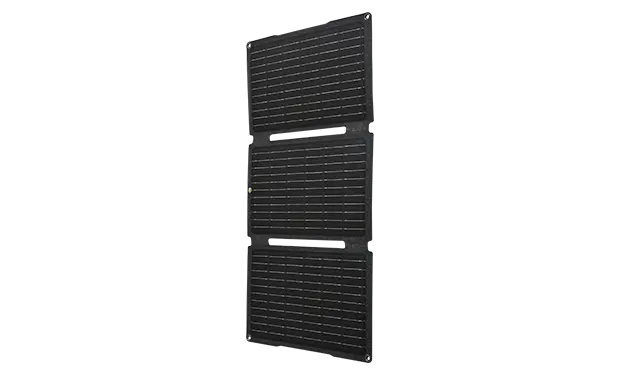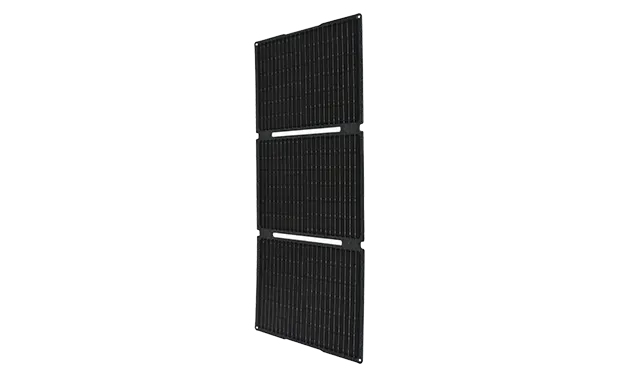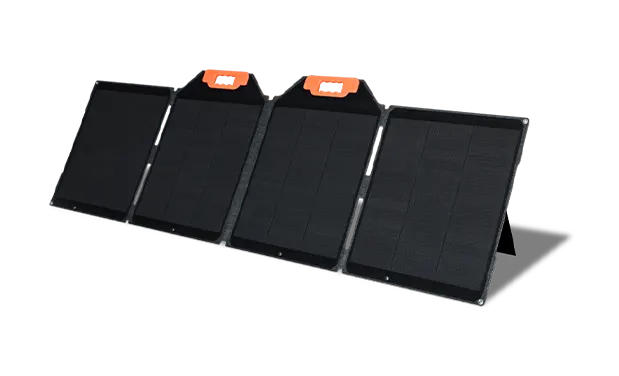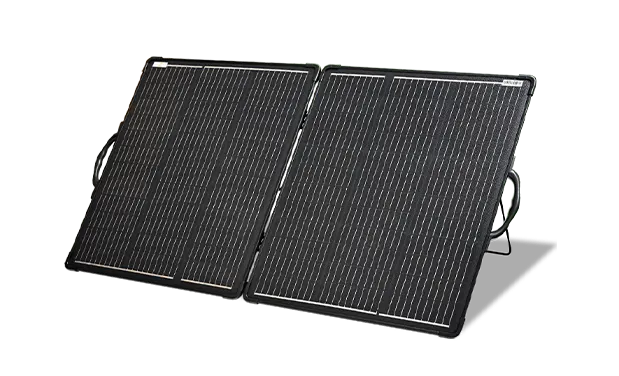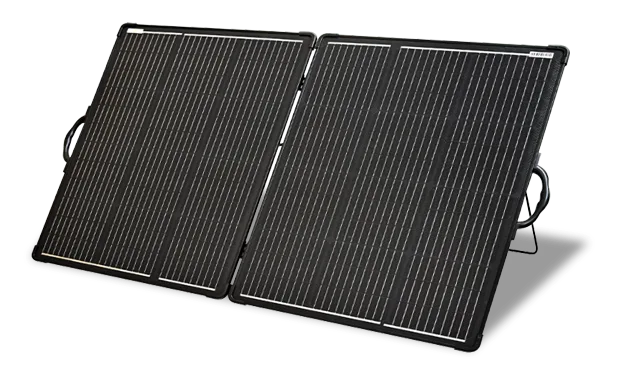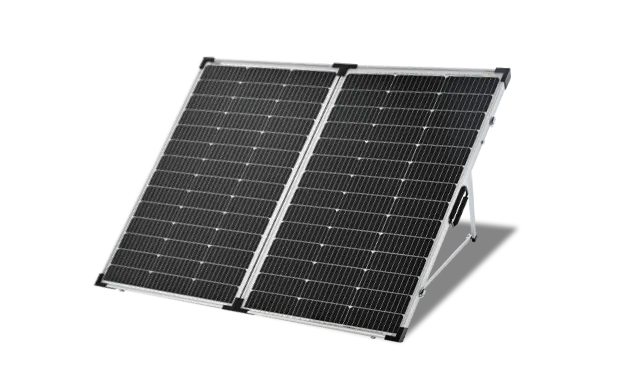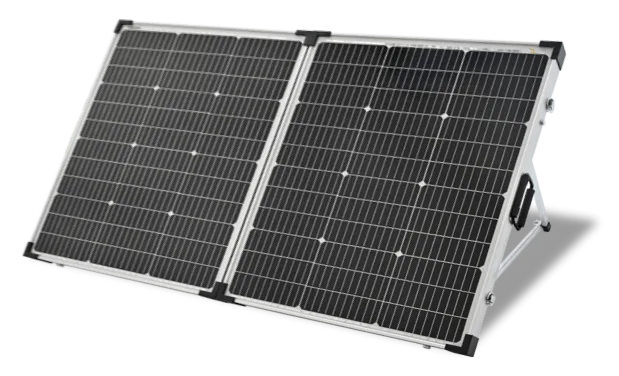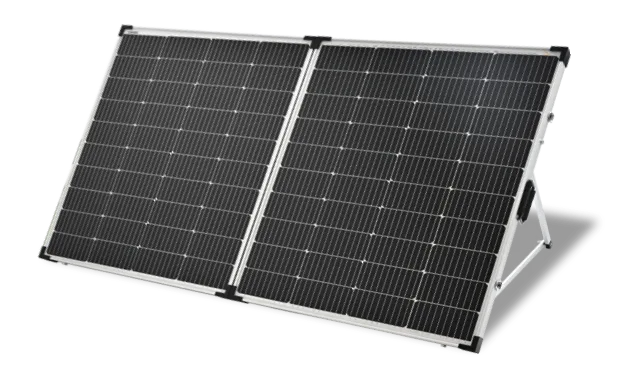The short answer is: it depends.
Charging an electric car with a portable solar panel is not possible if you try to connect the panel directly to the car’s battery system.
However, it is possible if you use a solar generator or a battery storage system as an intermediary device that can convert and store solar energy for later use.
Why You Can’t Charge an Electric Car Directly With a Portable Solar Panel
A portable solar panel is a device that converts sunlight into direct current (DC) electricity. An electric car, on the other hand, needs alternating current (AC) electricity to charge its battery system. Therefore, you need an inverter to convert DC to AC electricity before you can charge your electric car with solar power.
However, even if you have an inverter, you still can’t charge your electric car directly with a portable solar panel. That’s because the amount of power and voltage that a portable solar panel can produce is usually not enough to meet the charging requirements of an electric car.
For example, a typical portable solar panel can produce around 100 watts of power and 18 volts of voltage1, while a typical electric car needs around 7 kilowatts of power and 240 volts of voltage to charge at a reasonable speed2.
Moreover, the output of a portable solar panel is not stable or consistent. It depends on factors such as the weather, the time of day, the angle of the panel, and the shading conditions. This means that you can’t rely on a portable solar panel to provide a steady and sufficient flow of electricity to charge your electric car.
How You Can Charge an Electric Car With a Portable Solar Panel
If you want to charge your electric car with a portable solar panel, you need to use a device that can store the solar energy and deliver it to your car when needed. This device is called a solar generator or a battery storage system.
A solar generator or a battery storage system is a device that consists of a battery, an inverter, a charge controller, and sometimes other components such as a display or a solar input. It can be connected to one or more portable solar panels to collect and store the solar energy as DC electricity in the battery. Then, it can use the inverter to convert the DC electricity into AC electricity and deliver it to your electric car through an outlet or a cable.
A solar generator or a battery storage system can overcome the limitations of a portable solar panel by providing enough power and voltage to charge your electric car at a reasonable speed. It can also smooth out the fluctuations of the solar output and allow you to charge your electric car at any time of day or night.
However, there are some drawbacks and challenges to using a solar generator or a battery storage system to charge your electric car with a portable solar panel. Some of them are:
- Cost: A solar generator or a battery storage system can be quite expensive, especially if you need a large capacity and power rating. For example, a Bluetti AC200P solar generator that can provide 2000 watts of continuous power and 2000 watt-hours of battery capacity costs around $1,8003.
- Size and weight: A solar generator or a battery storage system can be quite bulky and heavy, especially if you need a large capacity and power rating. For example, a Bluetti AC200P solar generator weighs around 60 pounds3. This means that you need to have enough space and strength to transport and set up your device.
- Charging time: A solar generator or a battery storage system can take a long time to charge fully with a portable solar panel, depending on the size of the panel and the battery. For example, it can take around 10 hours to charge a Bluetti AC200P solar generator with four 100-watt portable solar panels3. This means that you need to have enough sunlight and patience to charge your device.
- Efficiency loss: A solar generator or a battery storage system can lose some energy during the conversion and storage process. For example, an inverter can have an efficiency loss of around 10%4, while a lithium-ion battery can have an efficiency loss of around 5%. This means that you need more solar panels and batteries to compensate for the energy loss.
Conclusion
Charging an electric car with a portable solar panel is not possible if you try to connect the panel directly to the car’s battery





